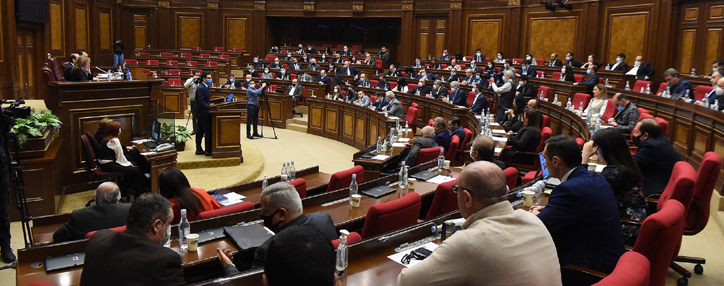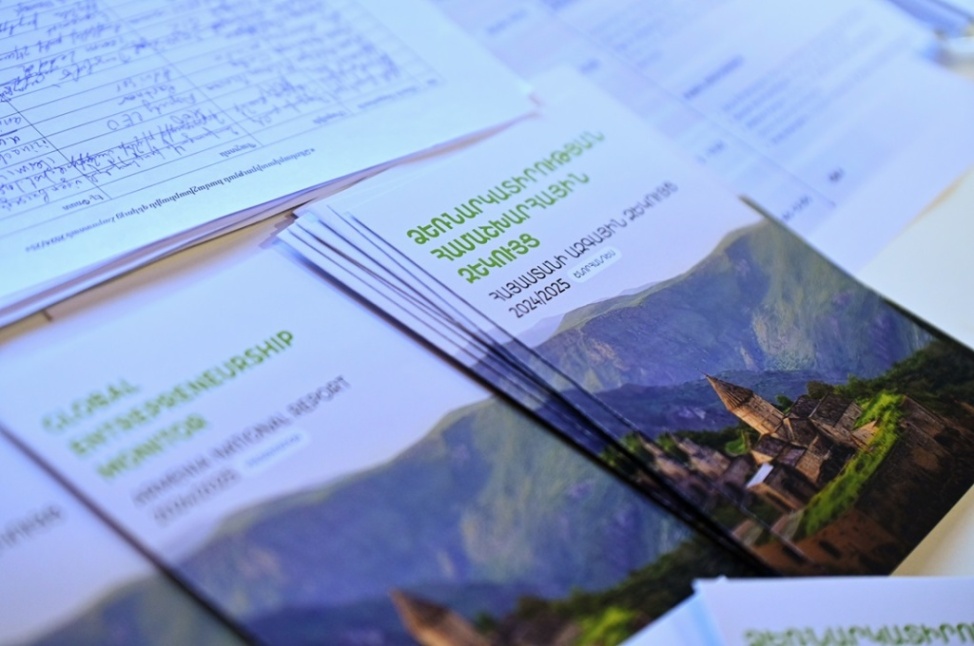Armenian parliament approves changes to election law as opposition boycotts voting

YEREVAN, April 1. /ARKA/. By a vote of 83 Armenia's parliament dominated by the My Step alliance of Prime Minister Nikol Pashinyan has passed today in the first reading a set of amendments to the Electoral Code. The opposition parties Prosperous Armenia and Bright Armenia boycotted the voting.
Last Sunday Prime Minister Nikol Pashinyan announced he will resign next month but stay in office until parliamentary elections due on June 20, in an effort to curb the political crisis gripping Armenia.
Parliament Speaker Ararat Mirzoyan said today after the voting that in 3.5-6 hours the parliament will start discussing and adopting the amendments in the second reading.
The leader of the opposition Bright Armenia Edmon Marukyan claimed that the adoption of the amendments without the participation of the opposition would call into question the legitimacy of the early parliamentary elections.
The last two parliamentary elections in Armenia were held under the so-called rating system when the voters voted not only for parties and electoral blocs but also individual candidates nominated by them. According to critics, this system allowed wealthy candidates from then ruling Republican Party of Armenia to earn votes through vote bribes and abuse of their administrative resources.
The changes, proposed by the ruling majority, apart from eliminating the rating system also set a new threshold for parties and party blocs. The threshold for political parties is 4%, for blocs of two parties - 8%, for blocs of three parties - 9% and for blocks of four or more parties - 10%.
The changes also propose that the mandatory number of political forces represented in parliament be raised from the current three to four. The size of the electoral deposit for parties running in the parliamentary elections will also be reduced to 7.5 million drams, while for party blocs it is to double to 15 million drams. --0--



